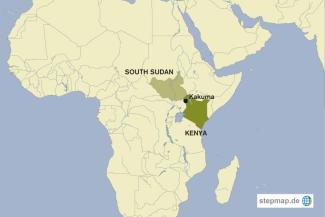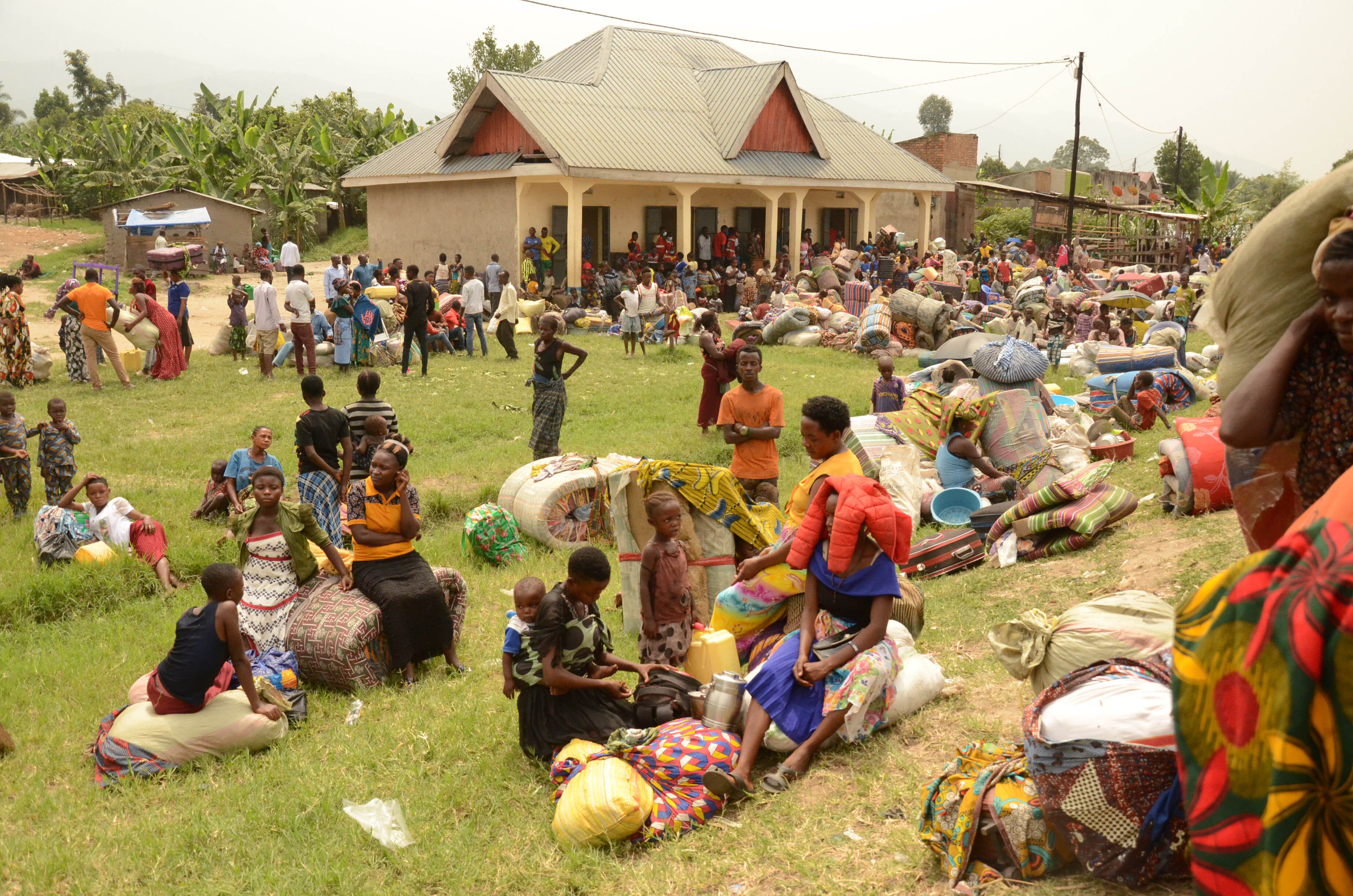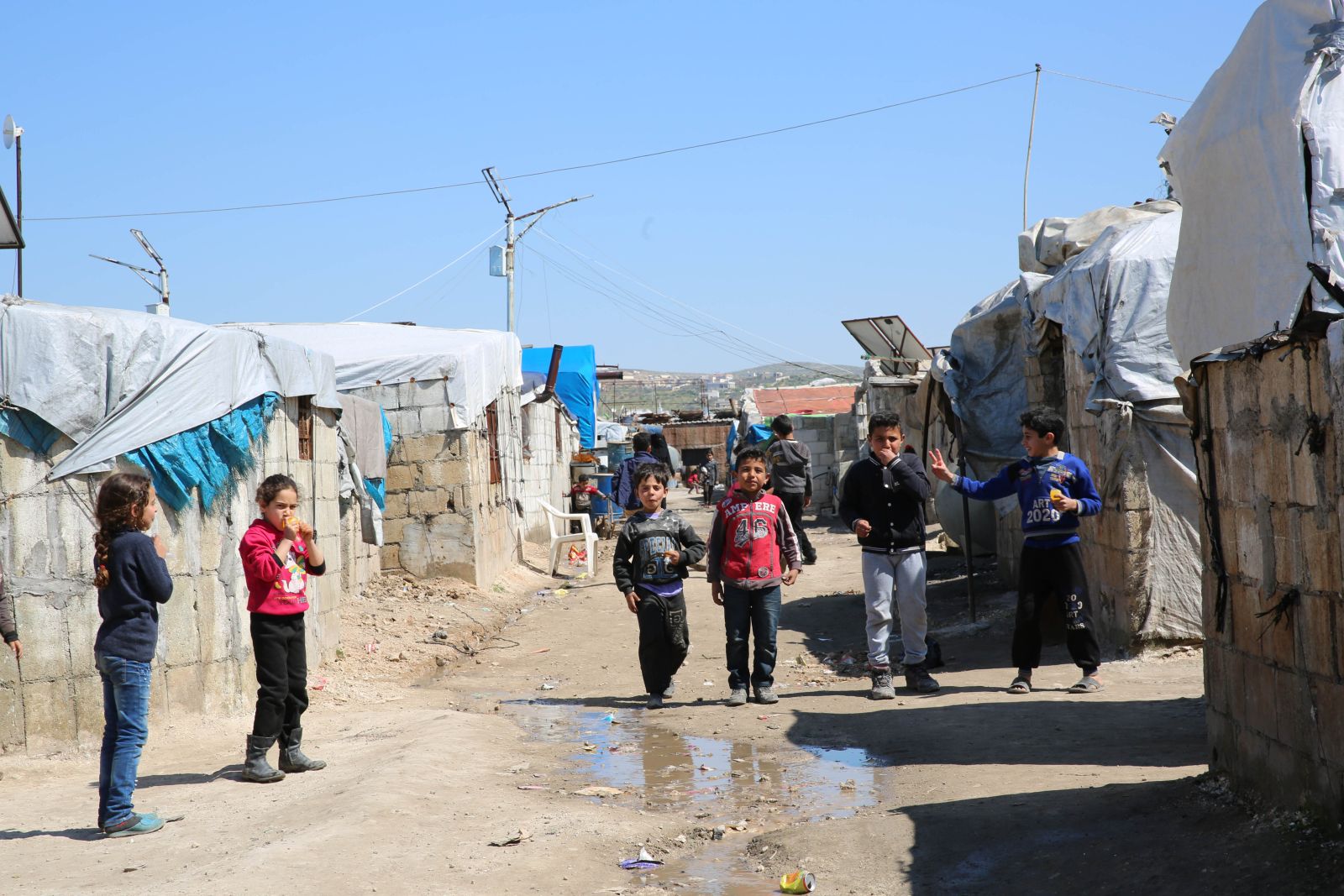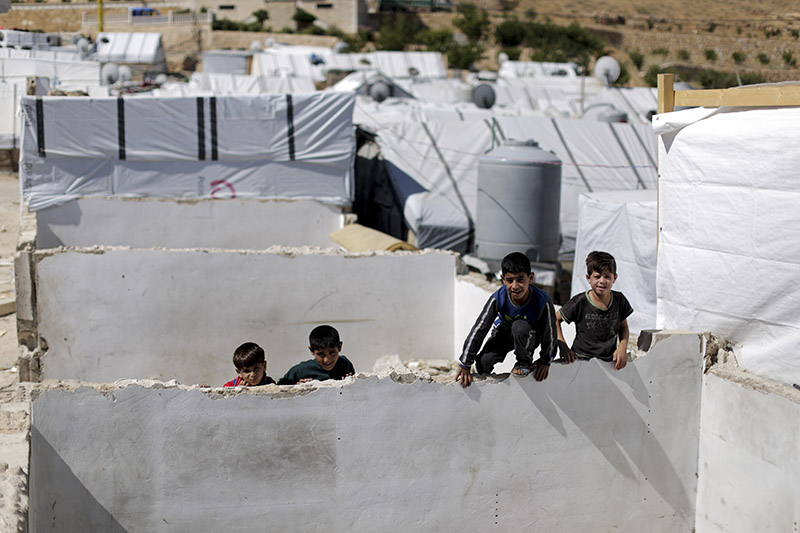Refugee camps
Desperation breeds violence

Kakuma is said to be the third largest refugee camp in the world. Most of its inhabitants are originally from Somalia and South Sudan. Many have lived here for decades or were even born here. Due to the ongoing conflict in South Sudan, new people keep arriving daily.
The camp is run by the UN Refugee Agency (UNHCR) and the Kenyan Department for Refugee Affairs. It has a bigger population than many Kenyan cities. The funding for infrastructure has always been insufficient. As a result, Kakuma refugee camp water shortages often cause desperation.
“People fight each other for access to the water points,” recounts Kimo Opiew, a community leader in Kakuma. “I witnessed many situations where even family members would fight among themselves.” Sometimes, people die for water. “They use machetes, knives and even spears, fighting to secure enough water for their family.” Another problem is the poor water quality – it is often not fit for drinking, and diarrhoea and cholera outbreaks are the consequence.
As the camp is getting more crowded the demand for water is growing. In past years, the water problem was not as serious as it is now. Often, water taps are dry for many hours.
According to the Lutheran World Federation/Department for World Service (LWF/DWS), the camp’s water policy is that each household should get at least 20 litres per day. But for large families 20 litres are not enough. They do not only need drinking water, but must wash themselves, clean dishes and clothes and cook meals. “Sometimes we have to spend days without taking a bath or washing clothes”, an old man says. “Without water, everything is dirty.”
Recently, youth have been becoming angry. Some have sabotaged the water pipeline, taking water from the burst and using it for making bricks and buildings houses. One part of the camp has a generator to pump water. This generator is meant to fill 14 water tanks. But sometimes it is damaged and needs maintenance. The impacts of such infrastructure problems are tough.
People sometimes leave the camp and travel long distances to get water, but more often than not, they return with their containers still empty. After all, Kakuma is surrounded by desert area, a parched, rocky landscape swept by frequent dust storms. The only plants are low, thorny bushes. The host community, the Turkana people, suffer serious water problems themselves.
Peter Owar Okello is a journalist from South Sudan. He currently lives in Nairobi.
okello17art@gmail.com












